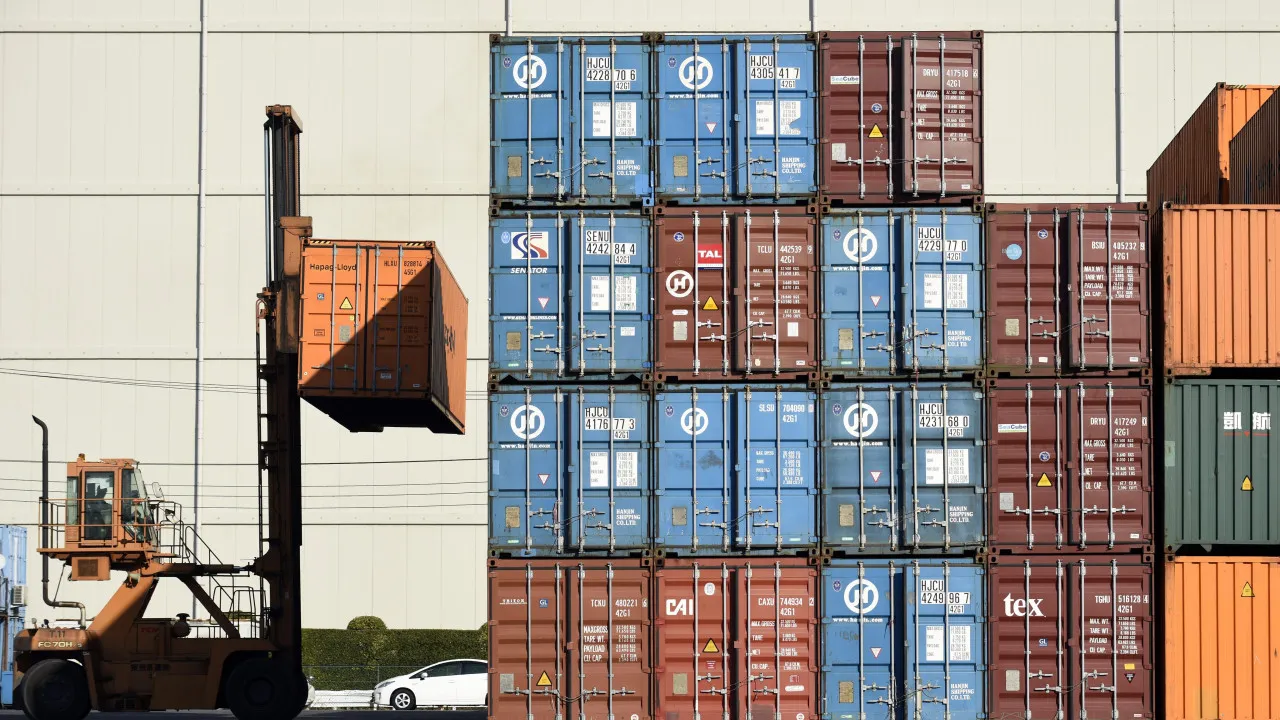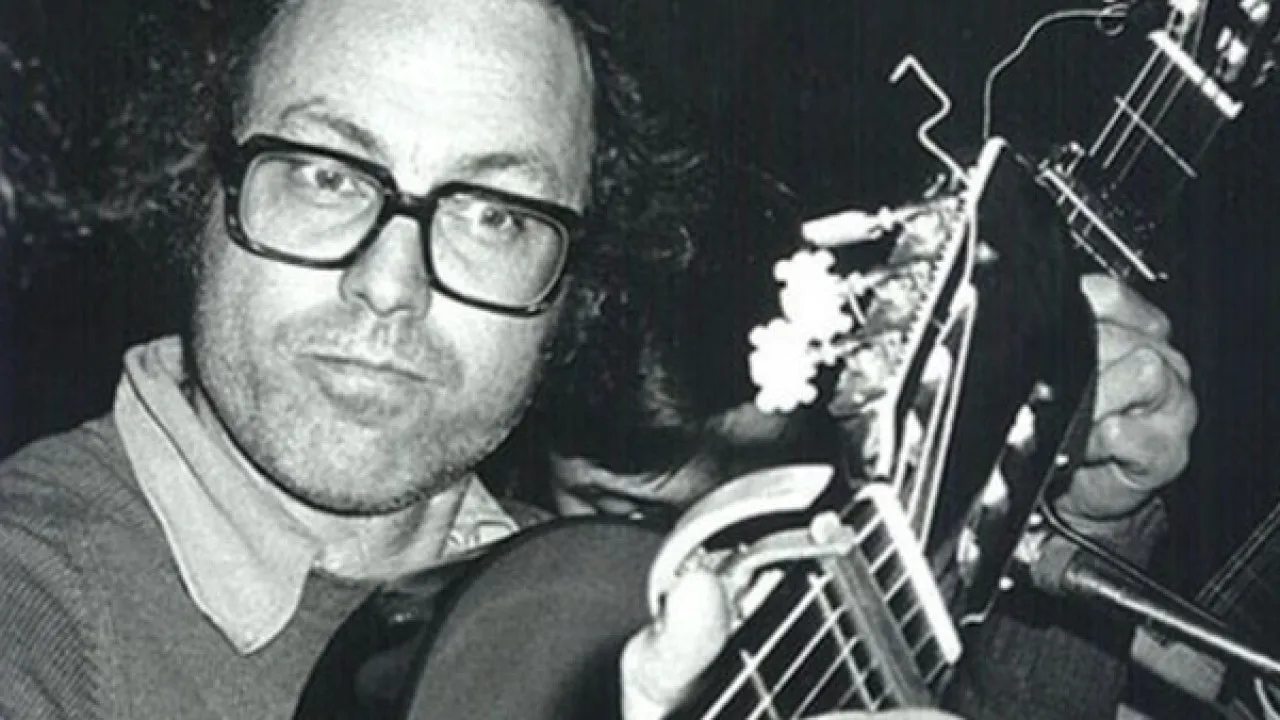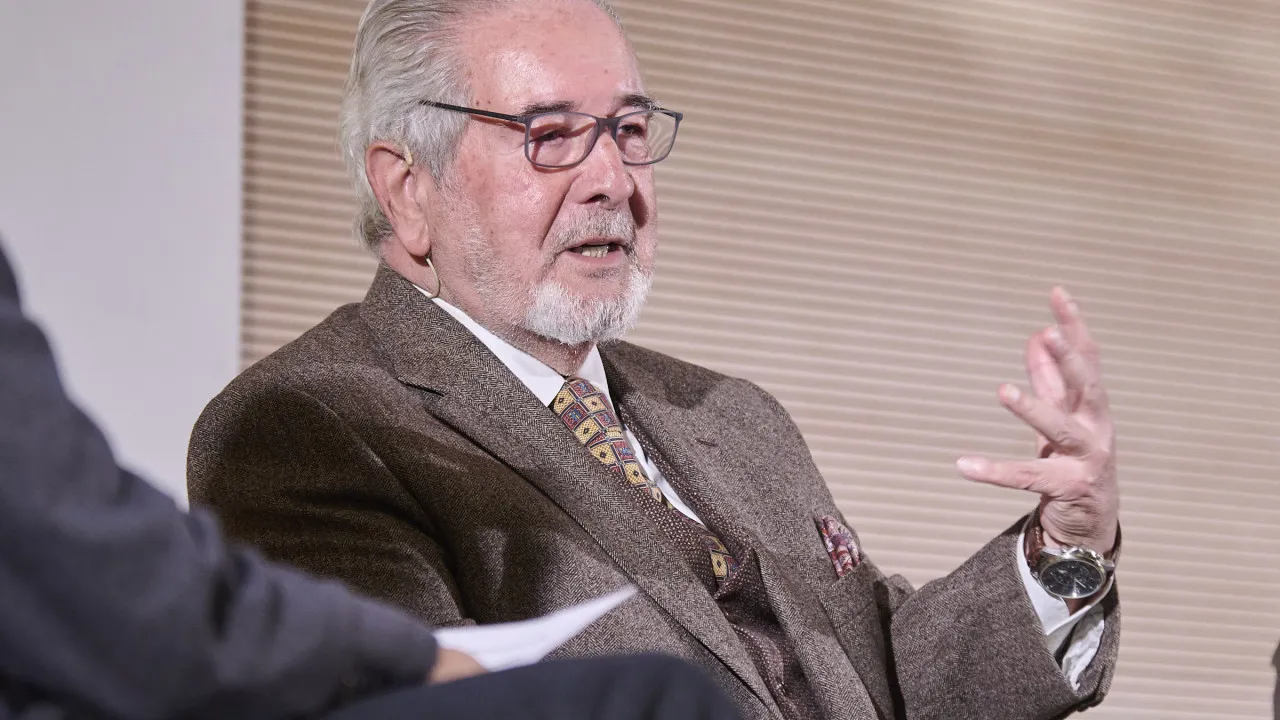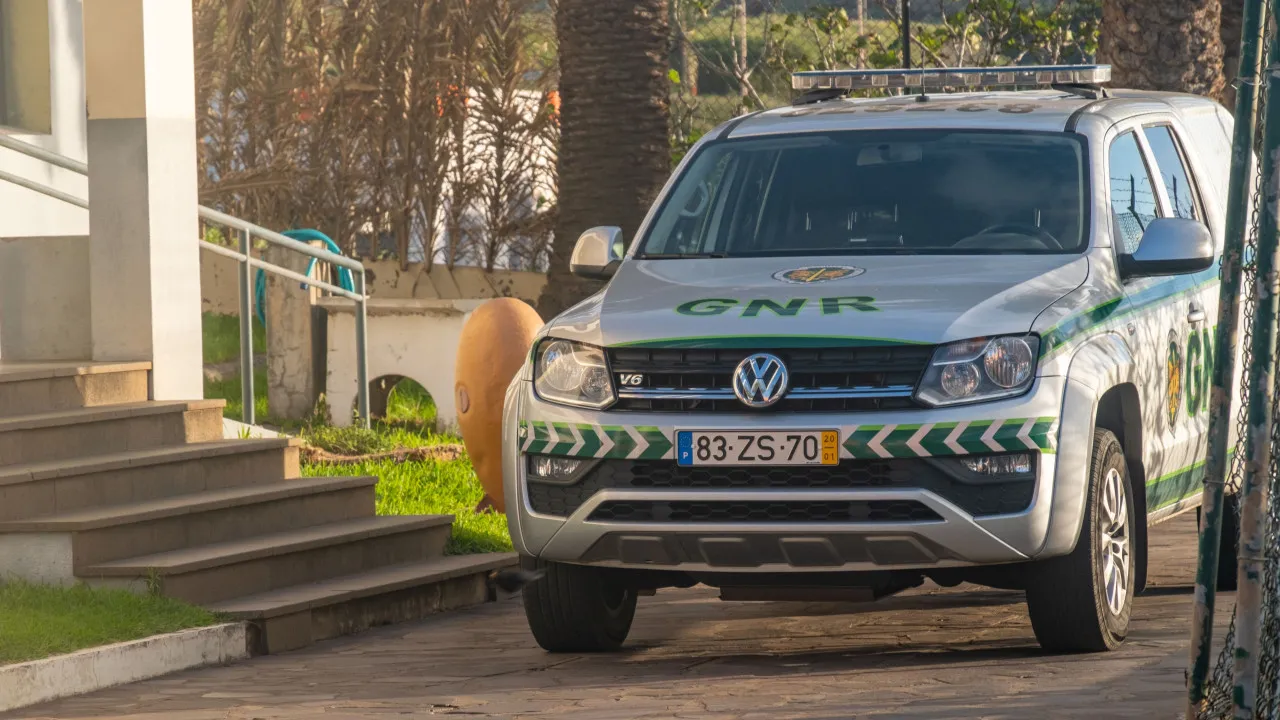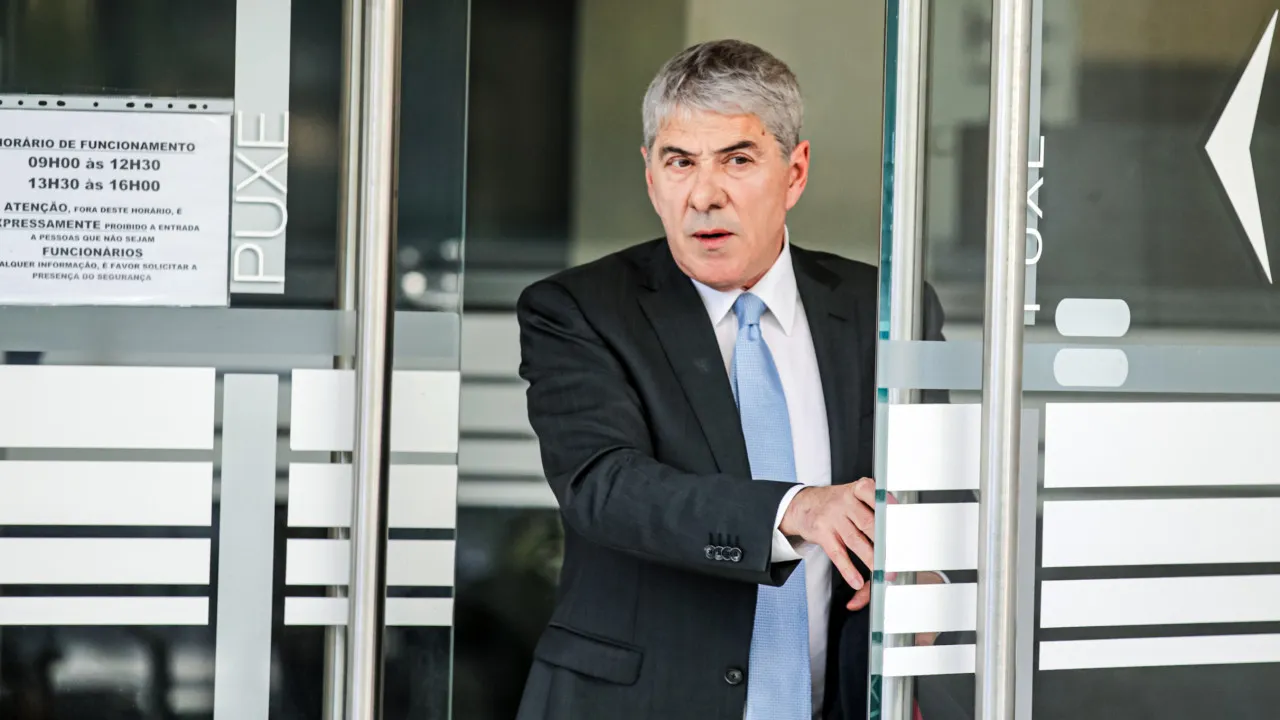
The trial for Operação Marquês, one of Portugal’s most prolonged and high-profile cases, is set to begin on Thursday, July 3, at the Central Criminal Investigation Court, over a decade after former Prime Minister José Sócrates was arrested at Lisbon airport.
This unprecedented case in Portugal features a former prime minister in the defendant’s seat for the first time, with Judge Susana Seca presiding over the trial panel.
The lengthy process, which saw a trial date finally set in March this year, has sparked criticism of the justice system’s slow pace and prompted calls for reflection and reform.
Key Points of Operação Marquês:
1. The Investigation
On November 21, 2014, former Prime Minister José Sócrates was arrested at Lisbon airport returning from Paris. The unprecedented situation in Portugal was based on suspicions of corruption, tax fraud, and money laundering, confirmed by the Attorney General’s Office (PGR) on the same day through an official statement announcing the Operação Marquês inquiry, led by the Central Department of Investigation and Penal Action (DCIAP).
Among the other defendants were Sócrates’ friend and central figure in the case, Carlos Santos Silva, and his driver, João Perna.
2. Former Prime Minister in Preventive Detention
Following two days of questioning by then-investigating judge Carlos Alexandre, Sócrates was placed in preventive detention on November 24. He was sent to the Évora prison, where he stayed for about nine months, receiving visits from former President Mário Soares and former Socialist leader and Prime Minister António Costa.
Sócrates was placed under house arrest on September 4, 2015, and released on October 16 of the same year.
3. A Long Inquiry, a Lengthy Dispute
The deadlines set by the Public Prosecutor’s Office for concluding the inquiry were repeatedly postponed. The inquiry overseen by DCIAP, then led by Amadeu Guerra, now Attorney General, had several announced completion dates and extensions, prompting Sócrates to challenge the legality of these decisions.
Sócrates’ litigation, which became a hallmark of the case, began during the inquiry stage.
He challenged the actions of the Public Prosecutor’s Office, sued the state for legal deadline violations, and questioned the impartiality of Judge Carlos Alexandre, whom the defense sought to remove, a request denied by the Lisbon Court of Appeal.
The issues arose from an interview the judge gave to SIC, in which comments were made that Sócrates deemed biased.
4. Intensifying the Case
Over two years after the investigation was revealed, more suspects were indicted. In January 2017, former Banco Espírito Santo (BES) president Ricardo Salgado was questioned in court, with travel restrictions and a ban on contacting other defendants.
This was followed by Rui Horta e Costa, for suspicions related to the Vale do Lobo luxury real estate project in the Algarve, which also involved former minister Armando Vara, another defendant who served preventive detention.
Subsequent defendants included Zeinal Bava and Henrique Granadeiro, administrators of Portugal Telecom.
5. The Indictment
On October 11, 2017, the Public Prosecutor’s Office charged 28 defendants with 189 crimes.
José Sócrates faced charges of 31 economic and financial crimes: three of passive corruption of a political officeholder, 16 of money laundering, nine of document forgery, and three of qualified tax fraud.
The prosecutions alleged that Sócrates used his position as prime minister to benefit Lena Group and that Carlos Santos Silva acted as an intermediary and “front man” for payments intended for the former head of government.
The indictment also demanded a compensation of 58 million euros from the main defendants, including Sócrates, Carlos Santos Silva, Armando Vara, Ricardo Salgado, Zeinal Bava, and Henrique Granadeiro.
6. The Instruction
The instruction phase of Operação Marquês began at the end of January 2019, initiated by 19 out of 28 defendants and led by Judge Ivo Rosa. It concluded on April 9, 2021, with the most high-profile decision reading in Portuguese justice, broadcasted live on television.
7. Instruction Decision Stuns Public Prosecutor’s Office
Judge Ivo Rosa acquitted José Sócrates of corruption charges, while lead prosecutor Rosário Teixeira reacted with disbelief during the reading. The decision dismissed most charges in the indictment and sent only 17 out of more than 180 crimes for trial.
Sócrates and Santos Silva were indicted for three counts of money laundering and document forgery, co-offended. Ricardo Salgado was indicted for trust abuse concerning over 10 million euros transferred, leading to a separate conviction.
Vara faced money laundering charges, and Bava and Granadeiro were acquitted.
8. What Fell in the Indictment’s Instruction Decision
Of the 189 crimes in the original indictment, 17 survived the instruction decision by Judge Ivo Rosa, notably dropping all corruption charges, considered the gravest allegations. The ruling reduced the defendants to Sócrates, Santos Silva, Armando Vara, Ricardo Salgado, and João Perna.
Sócrates faced three forgery and three laundering charges over 1.72 million euros allegedly from Santos Silva. He was originally accused of 31 counts, but only these remained.
Vara was charged, tried, and convicted for laundering but acquitted of remaining charges, while Salgado faced trust abuse charges but was acquitted of all corruption charges. Perna faced illegal weapon possession charges.
The instruction decision cleared Granadeiro of eight charges and Bava of five charges, including those of corruption, laundering, forgery, and qualified tax fraud.
9. Legal Dilemma from Rosa’s Instruction Decision
The Public Prosecutor’s Office appealed to the Court of Appeal against Ivo Rosa’s decision, arguing it dismantled an accusation completed over seven years.
Defenses argued that the decision significantly altered facts, with Sócrates contending he was indicted for uncharged crimes, claiming Ivo Rosa effectively created a new accusation during the instruction phase.
This set off further litigation in higher courts over successive appeals and procedural challenges.
10. Decision Restores Prosecution’s Accusations
In January 2024, a panel of judges restored most of the Public Prosecutor’s accusations rejected by Ivo Rosa.
The decision forwarded 22 defendants for trial on 118 charges from the original 28 defendants facing 189 charges.
Sócrates was accused of 22 crimes: three of corruption, 13 of laundering, and six of tax fraud. Vara, Salgado, Bava, and Granadeiro had their corruption charges reinstated.
The judicial panel, comprising Raquel Lima, Micaela Rodrigues, and Madalena Caldeira, noted Sócrates’ possession of 34 million euros in Santos Silva’s accounts and criticized Rosa’s 2021 decision for naivety.
Dissatisfied, Sócrates announced an appeal to the Supreme Court.
In March, on another appeal regarding significant fact alterations, the Lisbon Court of Appeal sided with Sócrates, nullifying Ivo Rosa’s decision.
11. The Trial
In December 2024, the Lisbon Court of Appeal sent the case for trial, concluding a prolonged process of Sócrates’ appeals, criticized for delaying proceedings with “dilatory maneuvers” to avoid trial.
Pending appeals in 2024 delayed the implementation of the appeal court’s January decision upholding the prosecution’s charges.
José Paulo Pinto de Sousa, Sócrates’ cousin and a defendant, contested the legality of the judge panel due to their reassignments, but his appeal was rejected by the Supreme Court, leaving no judicial obstacles to trial commencement.
The case was forwarded to the Central Criminal Court of Lisbon, assigned to Judge Susana Seca, who declared urgency and scheduled trial for July 3, despite Sócrates’ defense claiming its impediment.
A smaller case stemming from Ivo Rosa’s instruction decision, annulled by the Lisbon Court of Appeal and ordered reexamined, only reached a directive in June 2025 for trial on laundering charges, with forgery charges deemed expired.
Sócrates’ defense contested the directive’s legality, announcing another appeal claiming its nullity.
The former prime minister also filed a complaint with the European Court of Human Rights concerning the Operação Marquês case.
The trial’s commencement marks a decade since the investigation began—the first in Portugal to put a former prime minister on trial.

